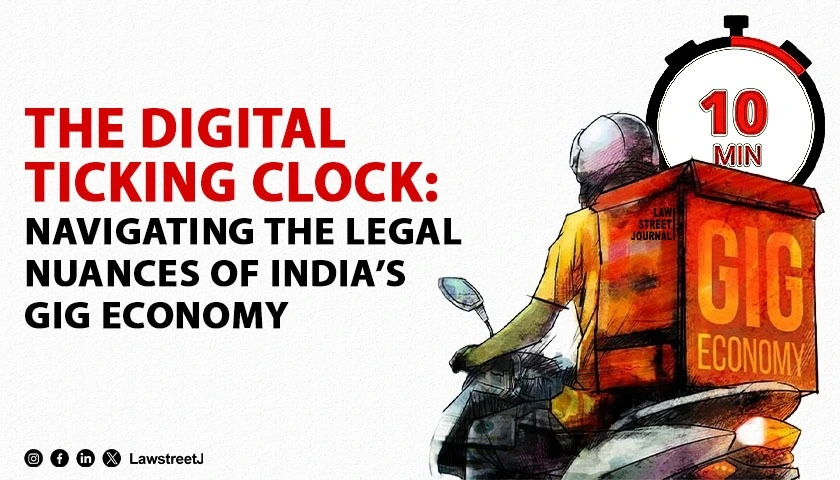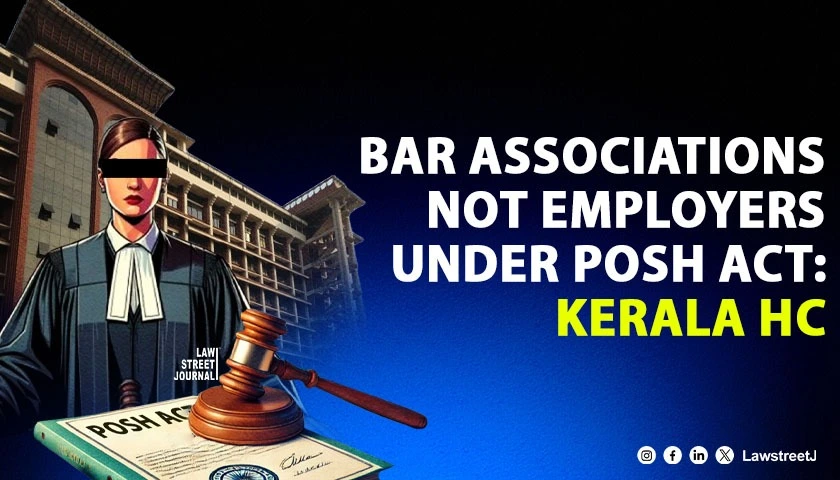The High Court of Delhi on July 24, 2020, stayed the penalty proceedings started against Patanjali Ayurved for supposedly profiteering Rs 75 crore after the sale of its goods, conditioned to the requirement that it deposits the sum in array in the consumer welfare fund in half-yearly instalments.
A two-judge bench of Justices Manmohan and Sanjeev Narula provided the instruction on Patanjalis plea that challenges the March 12, 2020 notice of the National Anti-Profiteering Authority (NAA) alleging that the company refused to its customers the advantages of decrease in Goods and Services Tax (GST) from November 2017 to March 2019.
The high court also gave an order to the Centre, NAA, and the Director-General of Anti Profiteering (DGAP) that sought their statement on the companys stand which has said that NAA failed to appreciate that Patanjali has sent over Rs 151 crore as benefits to the consumers.
On behalf of Patanjali, Senior Advocate Aman Sinha has also opposed the constitutionality of Section 171 of Central Goods and Service Tax Act, 2017 which states that any reduction in the rate of tax on any supply of goods or services or the benefit of the input tax credit shall be passed on to the recipient by way of commensurate reduction in prices.
Patanjali claims that it gave the benefits in tax reduction to consumers through many methods, which is inclusive of cashback schemes, discounts through secondary and retailer schemes, and not increasing the selling price of certain items even after an increase in the tax rate. But without considering these claims, National Anti-Profiteering Authority (NAA) announced that Patanjali has profiteered an amount of Rs 75,08,64,019 and had instructed that it be deposited in the consumer welfare fund, Sinha argued. It also has started penalty proceedings against the Ayurved company.
Additional Solicitor General Chetan Sharma, who represented the Centre along with NAA and DGAP, being represented by Central Government Standing Counsel Ravi Prakash and Advocate Farman Ali Magray and Advocate Zoheb Hussain, against the companys petition.
They claimed that bearing in mind the huge annual turnover of Patanjali it should be instructed to not give instalments and submit the amount in one go into the welfare fund. But the high court passed the same order as was done recently by it on a similar case filed by Samsonite South Asia Pvt Ltd which was asked to pay, to the consumer welfare fund, the principal profiteered amount of Rs 21,81,20,748 in six equal monthly instalments.
The high court docketed all matters that were similar for hearing altogether on August 24, 2020. Patanjali in its case argued that the provisions of the CGST Act and the rules framed thereunder give excessive and unfettered powers to NAA to determine the methodology and procedure to be adopted for determining profiteering at its discretion.
It contended that this essentially emanated into the passing of the arbitrary order of March 12, 2020. The petition also contends the memberships of NAA, claiming it to be unconstitutional.








